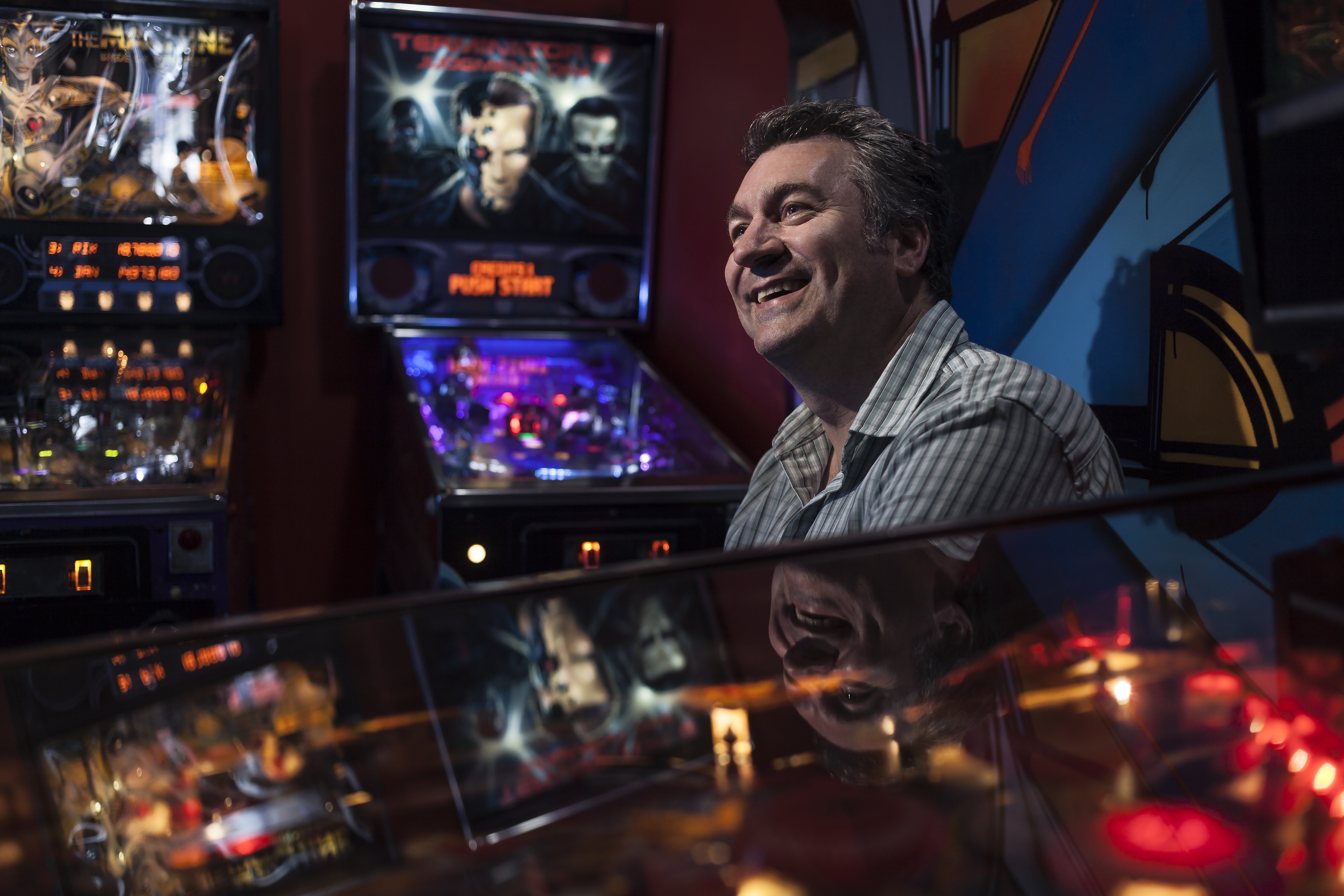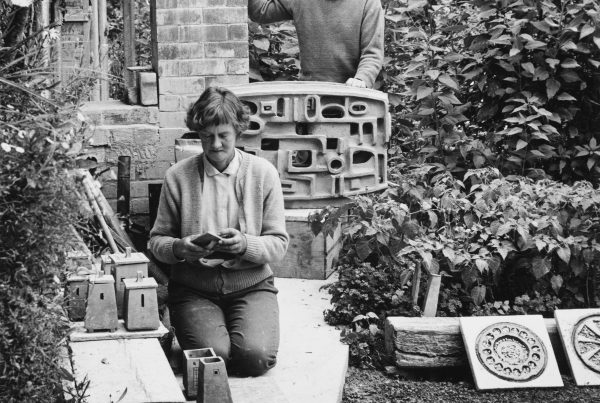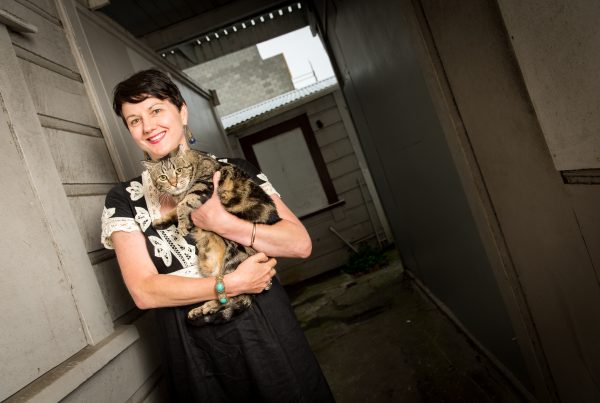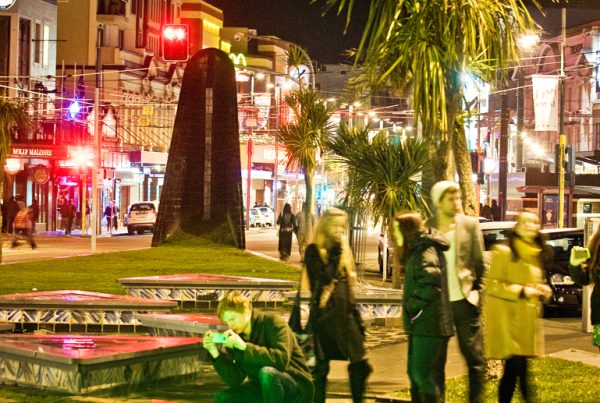
So why the pinball comeback? “Maybe it’s a reaction to all the online games we have now,” Haxton says, looking over at one of his machines in the back of the gig venue Moon, where we are meeting. “Pinball is something very tactile… it’s a very physical sport, if you want to call it a sport.” Do you? “That’s a good question. It hasn’t been recognised as a sport. At a tournament last year in Christchurch, Seven Sharp did a story on us and called us all ‘pinball athletes’. But it was a bit of a dig.”
Speaking of tournaments, Haxton has just won the Pukekohe IFPA Pinball Classic, New Zealand’s premier pinball event, hosted by a man who has “probably New Zealand’s largest collection” of machines — around 100 of the beauties. Haxton has a more modest collection of 20, though the number of those he can keep at home is limited by the size of his workshop. “I wish I could have kept everything that I have bought, but unfortunately I can’t.” But then life is full of wishes. “I also wish I could have a games room and a workshop. At the moment, I have a workshop which is a games room.”
So what got him hooked on pinball? An immediate answer: “Black Knight”. Now a pinball classic, it turned up in his local arcade in the early 1980s, when Haxton was a teenager. “It really excited me to play it. I’d just go back and play that game again and again and again. I remember scoring 3 million one day, and I never forgot that score.”
One curious thing about pinball machines, which you learn when someone is repairing them — as one of Haxton’s friends does, this day at Moon — is that the insides are almost empty. The wooden board of the playing field lifts off, but apart from a tangle of wires on its underbelly, all that’s inside are a few coins.
Pinball is no empty passion, though. Each machine tells its own story, often reflecting the pop culture of its era: space exploration in the 1960s, disco in the 1970s, and so on. The less exciting ones, to an outsider at least, are the tie-ins, like the forthcoming Hobbit game. Far more interesting are the idiosyncratic ones like Bride of Pin•bot, in which the player has to humanise a female robot, sending the ball around ramps and pivots to unlock her eyes, heart and voice. It’s a self-contained story that exists only in the pinball game, a world created in lights and flippers.
That’s what draws in people like Haxton — that, and the basic satisfaction of getting things right, “hitting the shots that make you feel good”. And so the involvement grows. Haxton plays the machines, collects them, sells and buys them, puts them in venues, even restores them when they get “completely shagged”.
The commerce of pinball has its own fascinations. A new pinball game can cost $13,000. There are legendary games, like The Addams Family, made in 1991 and still the best-selling game of all time — although one called Medieval Madness “is probably the most sought after” for collectors.
But Haxton also likes pinball because it’s social, collaborative. On Thursday, 5 March, he and two others are putting on a big international pinball tournament at Moon. “We’re going to bring in as many games as we can fit in that front room,” he says, gesturing. Players will come from around the world, and tournament points will count towards the official rankings of the International Flipper Pinball Association. And what sets the top players apart? “It’s kind of about understanding the machine,” Haxton says, “because every machine is different.”




